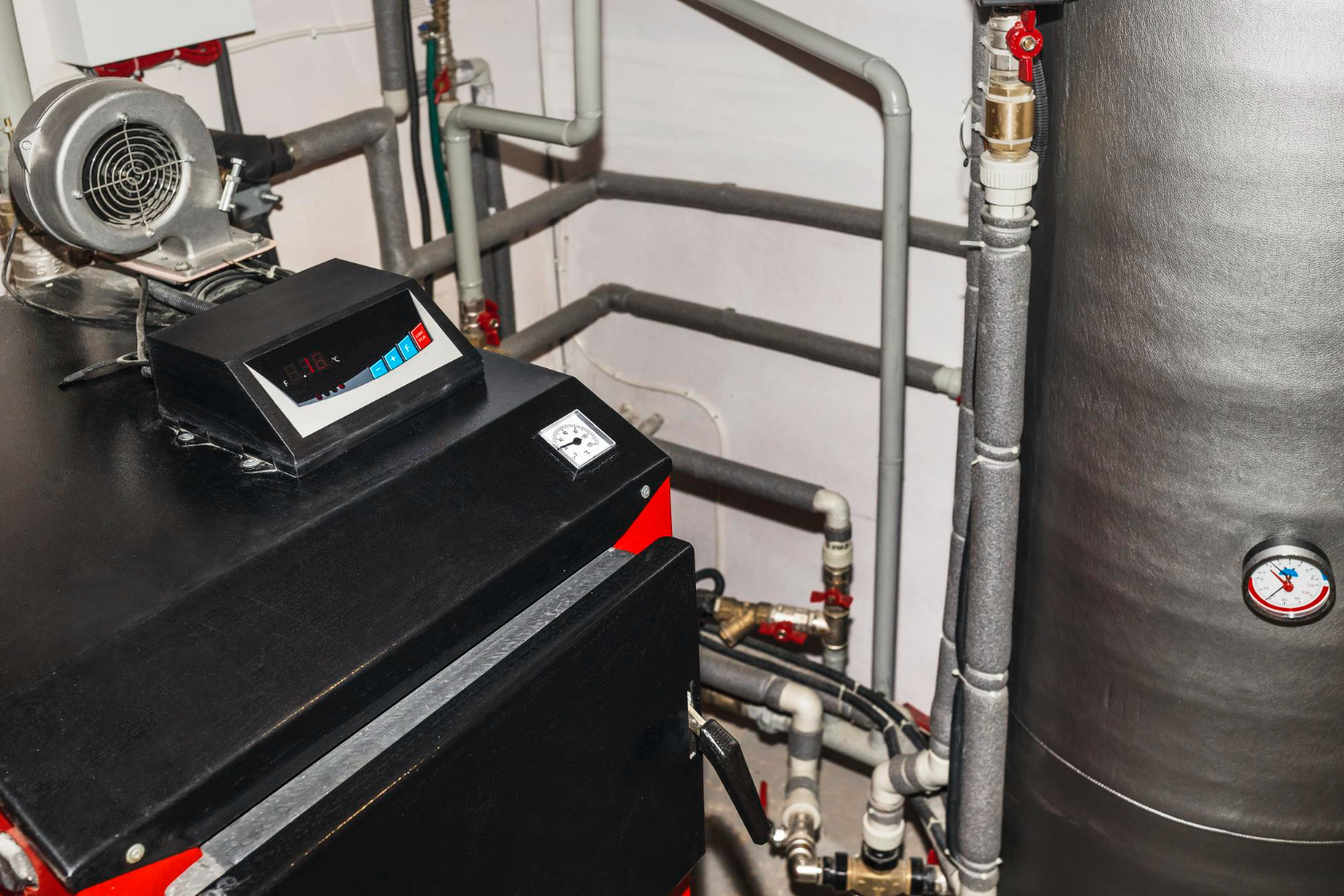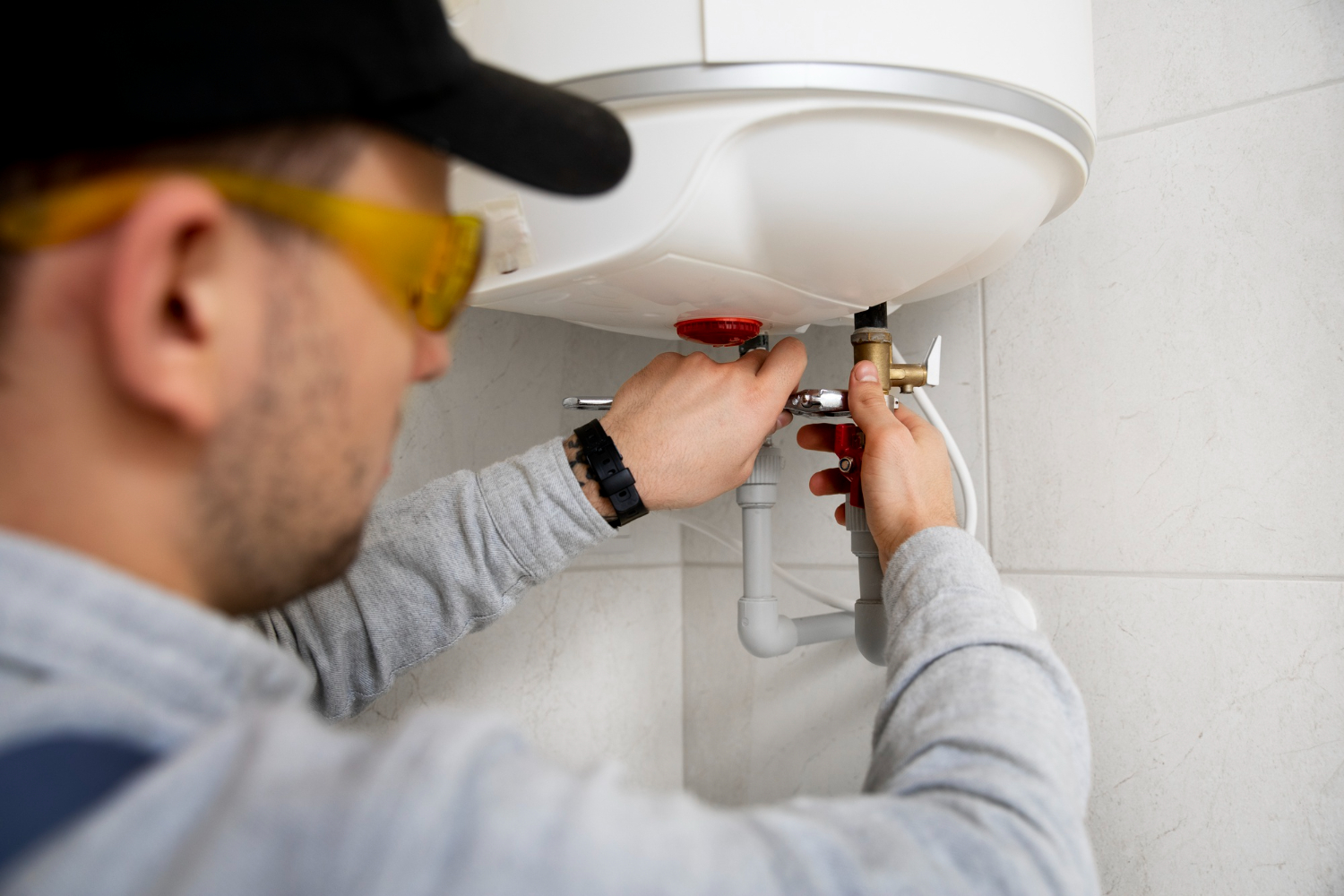Choosing the right boiler for your home is a critical decision that impacts your comfort and energy costs. Boilers come in various types, and each has its own set of advantages. Understanding the different types of boilers and what factors to consider can help you make an informed choice for your heating needs.
Understanding Different Types of Boilers
Combi Boilers
Combi boilers, short for combination boilers, are a popular choice among homeowners. These boilers do not require a separate hot water tank or cylinder. Instead, they heat water directly from the mains when you turn on a faucet or a shower. This design makes them compact and ideal for smaller homes with limited space. Combi boilers are efficient for households with lower hot water demands, and they provide hot water on demand without waiting for a tank to heat up. However, they may struggle to supply multiple outlets simultaneously.
System Boilers
System boilers are an excellent option for homes with higher hot water needs. Unlike combi boilers, system boilers require a separate hot water storage cylinder. This feature allows them to supply hot water to multiple taps at once, making them suitable for larger homes. System boilers have the main components built into the unit itself, which simplifies installation and maintenance. One of the key advantages is that you can use hot water from the taps without affecting the boiler’s heating efficiency.
Conventional Boilers
Conventional boilers, sometimes referred to as regular or traditional boilers, are best suited for large homes where hot water demand is high. They use both a hot water cylinder and a cold water storage tank, typically located in the loft. Conventional boilers are compatible with older central heating systems that might not handle the high pressure delivered by a combi or system boiler. Though they take up more space and have a more complex installation process, these boilers are reliable and can supply hot water to multiple outlets at the same time without losing efficiency.
Factors to Consider When Choosing a Boiler
Size and Capacity
Choosing the correct size and capacity for your boiler is crucial. An undersized boiler won’t meet your heating needs, while an oversized one will operate inefficiently, leading to wasted energy and higher bills. Our professionals can assess your home’s heating requirements, including the number of radiators and bathrooms, to recommend a boiler with the appropriate capacity. This ensures that you have enough heat and hot water without overloading the system.
Energy Efficiency
The energy efficiency of a boiler directly impacts your energy bills and environmental footprint. Modern boilers are designed to be much more efficient than older models. Look for boilers with high-efficiency ratings, such as those with condensing technology, which can recover heat that would otherwise be lost. Energy-efficient boilers use less fuel to achieve the same level of heating, helping you save money in the long run. Our technicians can guide you in selecting models that offer the best energy performance.
Fuel Type
The type of fuel your boiler uses will also influence your decision. Common options include natural gas, oil, and electric boilers. Natural gas boilers are typically more cost-effective and efficient, but they require a gas supply line. Oil boilers are a good alternative in areas without gas lines, though they require storage tanks and regular fuel deliveries. Electric boilers are easier to install and maintain, but they can be more expensive to operate. Our professionals can help you weigh the pros and cons of each fuel type based on your home’s needs and availability of resources.
The Installation Process
Site Assessment
The first step in the boiler installation process is a thorough site assessment. Our professionals visit your home to evaluate the existing heating system, inspect the available space, and determine the most suitable location for the new boiler. They also check for any potential obstacles or issues that could affect the installation. By conducting a detailed site assessment, our technicians ensure that the installation process will run smoothly and efficiently.
Preparing the Installation Area
Once the site assessment is complete, the next step is to prepare the installation area. This involves removing the old boiler and any outdated components, if applicable. Our technicians may also need to make modifications to the existing plumbing and electrical systems to accommodate the new boiler. Preparing the area reduces the risk of complications during the installation process and ensures that the new boiler can be installed without delays.
Installing the Boiler
The final step is the actual installation of the boiler. Our professionals install the new unit according to the manufacturer’s specifications and local building codes. This process includes connecting the boiler to the plumbing and electrical systems, as well as ensuring proper ventilation. After the installation, our technicians test the boiler to confirm it operates correctly and efficiently. They will also explain how to use and maintain the boiler, ensuring you are comfortable with your new heating system.
Benefits of Professional Boiler Installation
Ensuring Proper Functionality
Professional boiler installation is crucial for ensuring the proper functionality of your new heating system. Our technicians have the expertise and experience to install boilers correctly, reducing the risk of operational issues. Proper installation ensures that the boiler runs efficiently and safely. Improper installations can lead to frequent breakdowns, reduced performance, and potentially hazardous situations. Trusting our professionals gives you peace of mind knowing your boiler is set up to function as intended.
Maximizing Lifespan
A professionally installed boiler is more likely to have a longer lifespan. Our technicians use best practices and high-quality materials during the installation process, which helps to extend the life of your boiler. A well-installed boiler experiences less stress and wear, resulting in fewer repairs and a longer operating life. Regular maintenance is also easier and more effective when the boiler is installed correctly. This means you can enjoy reliable heating for many years without the need for frequent replacements.
Warranty Protection
Most new boilers come with a manufacturer’s warranty that covers certain repairs and replacements. However, one of the conditions of these warranties is often that the boiler must be installed by a certified professional. Our technicians ensure that your installation complies with warranty requirements, protecting your investment. Should you encounter any issues with your boiler, you can rely on the warranty for support. Professional installation not only secures optimal performance but also safeguards your rights as a consumer.
Conclusion
Selecting the right boiler and ensuring a proper installation are essential steps in maintaining a comfortable and energy-efficient home. From understanding the different types of boilers to considering factors like size, efficiency, and fuel type, making an informed decision is crucial. The installation process involves meticulous site assessment, preparation, and installation steps that our professionals expertly handle.
Professional boiler installation guarantees correct functionality, maximizes the boiler’s lifespan, and provides warranty protection. These benefits underscore the importance of relying on skilled technicians for your boiler needs.
Ready to install a new boiler in your home? Contact us at Neil Thomas Plumbing & Heating Inc. for expert guidance and reliable boiler installation services in Galesburg. We ensure your home stays warm and comfortable for years to come.



